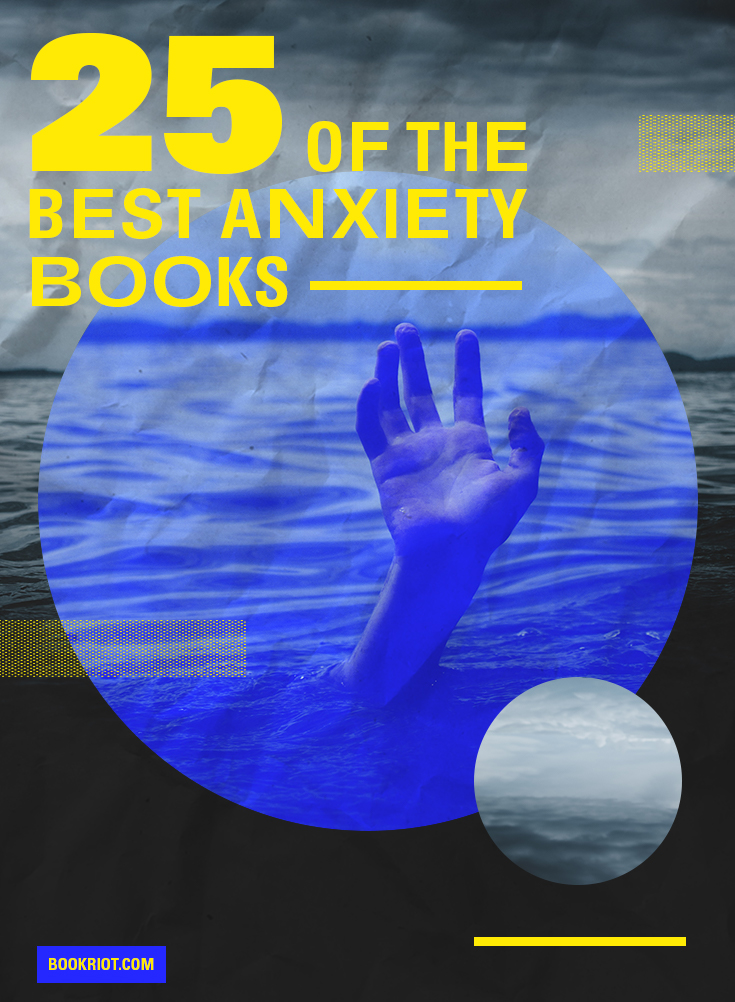If you like reading about philosophy, here’s a free, weekly newsletter with articles just like this one: Send it to me!
When I was an undergraduate, a friend told me that, if you go to any article in the English-language version of Wikipedia, then click on the first link in the article to another Wikipedia page, then click on the first link in that article, and so on, you will, within 30 iterations, arrive at the page for philosophy. It’s pretty much true — now confirmed scientifically. Try it with the word, ‘Paris’, for example. The first linked term on the page for Paris is ‘capital’. The first linked term on the page for ‘capital’ is ‘municipality’. Then: administrative division; sovereign state; state; political; making decisions; psychology; mind; thinks; cognitive; knowledge; awareness of facts; awareness; philosophy. Or try it with the word, ‘cabbage’. Cabbage; cultivars; cultivated; etymology; morphemes; linguistic; language; communication; information; abstract concept; rules; philosophy of logic; philosophy. There are rare exceptions, such as when one gets caught in a loop, e.g., when the first link in each of a pair of pages leads directly to another. (For more on the phenomenon, it has its own Wikipedia page.)
Does this prove that everything in the world ultimately comes back to philosophy? Or does it just show us something about the structure of the English-language version of Wikipedia? The former would exaggerate things, but the latter is too modest. After all, something must explain why it is that all of these hyperlink chains in Wikipedia lead to the page for philosophy rather than any other.
What it does demonstrate, I think, is that philosophy is essential to humans’ efforts to understand the world. If you really want to understand something — what it is, how it relates to other things, if and why it is important — then philosophy is unavoidable. This is why the hyperlink chains in Wikipedia take you to the philosophy page. You cannot ask many questions about a topic before you encounter deep theoretical issues.
If humanity is at risk, then, and if we want to understand why it is at risk and what we can do about it, then philosophy seems like a good place to start. If we really want to understand the issues, we will find ourselves doing some philosophy soon enough anyway.
◊ ◊ ◊
The future of humanity is at risk. The threats are manifold. But the issue is not only about the future of humanity qua species — though some of the threats, …
Read the full article which is published on Daily Philosophy (external link)








